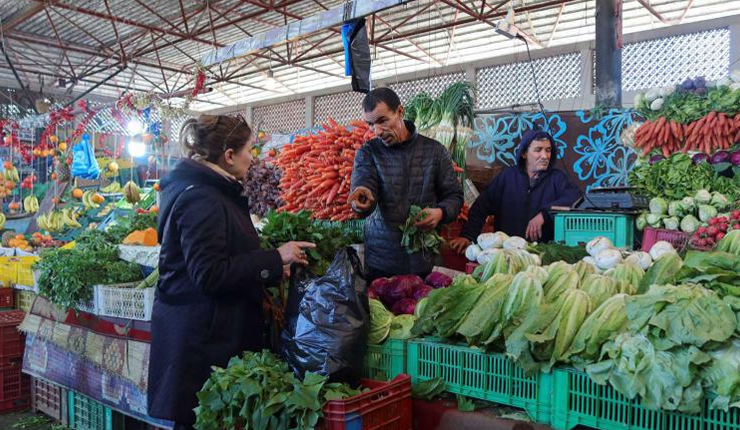Inflation rates in Tunisia has reached 10.4 percent in February, recording the highest in three decades after reaching 10.2 in January, according to data issued by the National Institute of Statistics on Sunday.
Inflation rates kept rising during the past months due to the increase in food prices by 15.5 percent, the most increase is in egg prices, which jumped by 32 percent, while manufactured goods increased by 9.8 percent.
The Central Bank of Tunisia increased interest rates by 75 basis points, to eight percent, after being 7.25 percent, in an attempt to control the growing inflation.
Tunisia faces a growing economic crisis, as it is set to sign an agreement with the International Monetary Fund (IMF) to start paying loan programme instalments of $1.9 billion for 48 months.
The loan aims to give the country’s economy a boost, while being restricted by a bunch of reforms in the support system, wage and struggling public institutions.
Tunisia has been showing progress in implementing the IMF’s requirements, but despite that, Tunisia is still facing the increasing threat of external financing.
